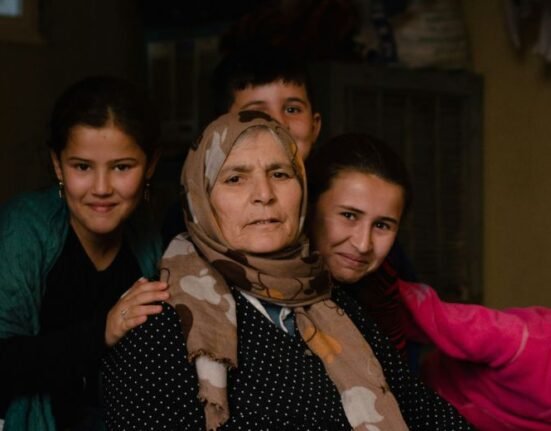H Q Team
July 17, 2023: New records are being reached in extreme weather events with worrying frequency, and the reasons are glaring. Climate change is happening faster than even the most die-hard doomsday environmentalists predicted.
The recent floods, droughts, wildfires and extreme heat sweeping the globe are offering a glimpse of the climate future that scientists have warned about for decades — and the world is just not ready to grapple with the consequences.
“The extreme weather—an increasingly frequent occurrence in our warming climate—is having a major impact on human health, ecosystems, economies, agriculture, energy and water supplies,” warned World Meteorological Organization Secretary-General Petteri Taalas.
The heat has reached record levels this year with a combination of climate change and the return of El Niño, a natural weather pattern occurring once every two to seven years. On July 4, the official arrival of the El Niño weather pattern was announced. Globally, June was the hottest June in the 174-year records kept by the National Oceanic and Atmospheric Administration of the US. Average sea surface temperatures have been the highest ever recorded and Antarctic sea ice extent the lowest on record.
Record heat, floods and wildfires
- Last week, floods and torrential rain in South Korea led to more than 4,000 homes losing power. Landslides damaged residential areas and destroyed key infrastructure. Government officials issued a high-alert warning for more flooding and weather experts predict as much as 100 millimeters of rain.
- In India, at least 104 people died over the last two weeks due to severe monsoon weather. Himachal Pradesh state has been hit the hardest. As many as 30,000 people have been evacuated to relief camps, and more than 60,000 tourists were rescued this week after being stranded in Himachal Pradesh. “We are not going to escape from the imminent effects of climate change, regardless of our mitigation and adaptation efforts,” said Abhiyant Tiwari, head of the Natural Resources Defense Council’s health and climate resilience programs in India.
- Meanwhile, Southern Europe is set to record its hottest temperatures in history this week as a heat wave scorches the Mediterranean. Italian officials issued red-alert warnings for 10 major cities, Greek authorities suspended working hours from 12 p.m. to 5 p.m. in high-risk areas to prevent medical crises, and firefighters in the Balkans are struggling to contain brush fires erupting near villages. Environment experts worry this year’s heat wave death toll could surpass last year’s, when more than 61,600 people died in Europe due to extreme temperatures.
- 93 million people in the United States are under excessive heat warnings and heat advisories, warned the National Weather Service Weather Prediction Center, according to a bulletin published Friday morning. “A searing heat wave is set to engulf much of the West Coast, the Great Basin, and the Southwest,” the National Weather Service said.
- On June 27, Canada surpassed the record set in 1989 for the total area burned in one season in wildfires when it reached 7.6 million hectares or 18.8 million acres. And the total has since increased to 9.3 million hectares, or 23 million acres, driven by record-breaking high temperatures. These Canada wildfires have blanketed parts of the United States in smoke, causing the air quality to be the worst in the world at various points.
- In 2022, there were 18 separate billion-dollar weather and climate disaster events, according to data from NOAA, including tornadoes, hailstorms, tropical cyclones, flooding, drought, heatwaves, and wildfires. So far, there have been 12 billion-dollar weather and climate disasters in 2023, according to NOAA.
- The World Meteorological Organization declared a 66% chance of global average temperatures temporarily exceeding 1.5℃ above pre-industrial levels within the next five years.
- This temporary exceedance of 1.5℃ will give a preview of what our planet will be like in the coming decades.
The future
An increase in the frequency and intensity of heatwaves, floods, and wildfires. These, in effect, can be seen as a preview of “the new normal” in the face of climate change. The larger repercussions will be on agricultural production, and thereby the price of food. World hunger and water scarcity will impact the lives of the majority of the world’s population, especially the poor and rural households, dependent on climate and farming.
Measures needed to combat climate change impact
Change, as usual, begins small. Individuals can reduce their greenhouse gas emissions by turning off the lights when they’re not in a room, turning down the heat or air conditioning when they’re not home, avoiding food waste, burning of fossil fuels, and using public transportation.
Government leaders should build a roadmap for fixing environmental problems and it should be a joint and equal effort.
The world managed to tackle the ozone hole and the same commitment needs to be shown for climate change halt.








